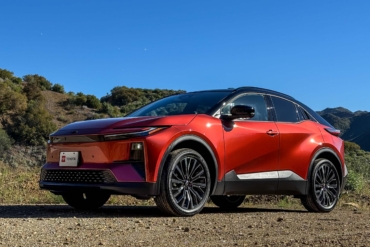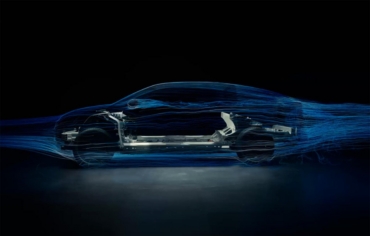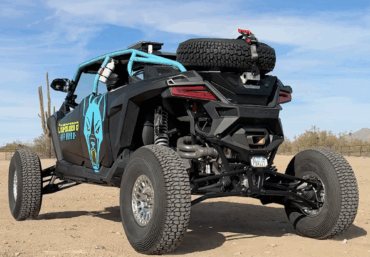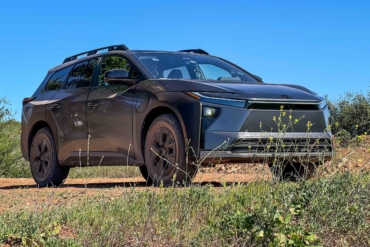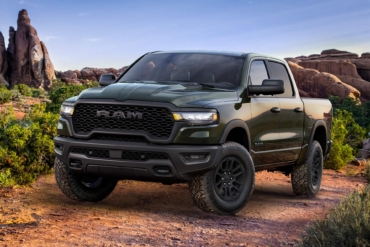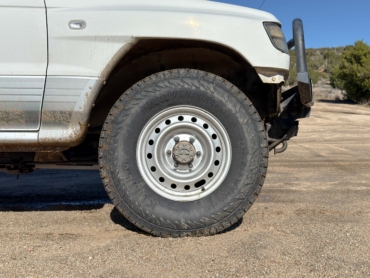Not long ago, the compact pickup market was written off for dead. Then the Ford Maverick came along. Demand for the new truck has taken everyone — including Ford — by surprise. The automaker is putting reservations on hold as it struggles to boost production.
Now, GearJunkie has learned, Ford is ready to open up the order bank again. But if you’re looking for one, you’ll have to wait until sometime in 2023, and the wait could be especially long for the high-mileage Maverick pickup.
The Compact Pickup Is Back!
Compact pickups were all the rage when Baby Boomers were still learning to drive. By the end of the 1980s, however, they seemed to play out their welcome.
Subaru briefly tried its hand at the turn of the millennium, but weak demand doomed the little Baja, which was pulled from production in 2006. Now, however, a new generation of buyers appears to be rediscovering compact trucks thanks to two new offerings that came to market for the 2022 model year.
“We’ve been very pleasantly surprised” by demand for the new Ford Maverick, marketing chief Trevor Scott told GearJunkie during an interview. So much taken by surprise, in fact, that reservations for the little pickup were put on hold back in January.
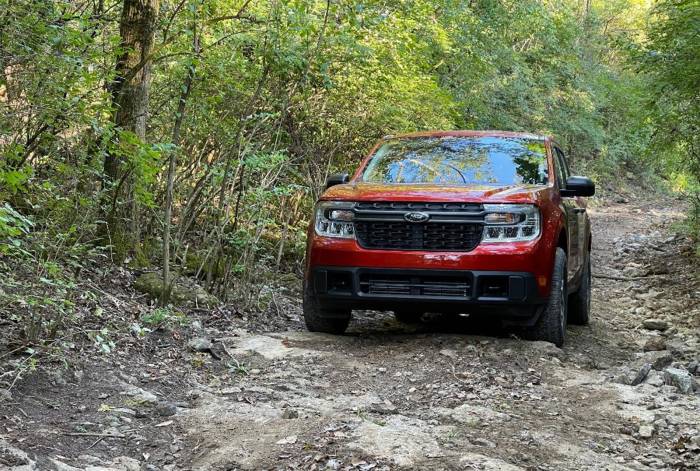
Stong Demand, Especially for Maverick Hybrid
Ford has been struggling to meet the orders already in hand. It delivered 19,245 trucks during the first quarter of the year — handily outselling the other compact model, the Hyundai Santa Cruz, which reported sales of 8,400. In fact, Maverick outsold the midsize Ford Ranger, which racked up 17,639 deliveries between January and March.
And Maverick sales continue to accelerate, with Ford selling another 9,500 in April.
Credit the truck’s utility, flexibility, and affordability, according to analysts. It starts at just $19,995 — and that’s for the hybrid version that delivers a combined fuel economy of 40 mpg.
At a time when the national average price for regular fuel is over $4 that has generated significant interest for the hybrid. Where Ford thought the gas-electric version might account for 40% of overall Maverick sales, the actual figure has climbed to 48% and could go even higher.
Ford had to delay the launch of the hybrid model and is still struggling to get all the necessary parts at a time when the semiconductor shortage is still playing havoc with automotive production. But “our intention,” said Scott, “is to build every hybrid we can.” That could happen, he added, in 2023 — if Ford can line up those pesky chips.

You Might Find One: If You Work at It
For those truly desperate to get a Maverick — now — Scott confided that there are some dealers who have “a truck or two” sitting in inventory. Most likely, these are customer orders that have fallen through. But you’ll have to look hard, and when a stray Maverick does come in, they don’t last long.
Normally, dealers like to have enough inventory in stock to cover 60 days of demand. With Maverick, it’s running 5 days, at best. And most of the trucks are gone within hours of when the truck pulls up to a showroom.
Figuring out how to work around the semiconductor shortage helps explain why the Maverick order bank remains closed. The goal, according to Scott, is to reopen it “sometime this summer.”
How demand for the Maverick will hold up long-term remains to be seen. But there are plenty of signs that the compact truck segment will have legs, according to analysts. There’s plenty of speculation that others may try to get into the market with competing offerings.

Where Buyers Are Coming From
From a marketing perspective, Ford certainly has reason to be pleased. Not only is there a line of potential customers waiting to order the truck — a rarity in today’s automotive market — but Maverick is attracting the sort of buyers that carmakers crave.
Fully a third of buyers so far fall into the 18-to-44-year-old demographic. Longer term, Ford hopes they’ll migrate up to Ranger and even the full-size (and highly profitable) F-150 pickup.
Maverick sales, not surprisingly, are strongest in markets where those big pickups typically do best. California, Texas, Michigan, and Florida are at the top of the list according to data analyzed by S&P Global Mobility.
As for where buyers are coming from, fully 80% are first-time truck buyers, noted Scott. Meanwhile, Ford has another reason to feel good about Maverick, as 60% of its customers are “conquests” coming from other brands. Toyota is the most frequent trade-in so far, followed by Chevrolet and Honda.


